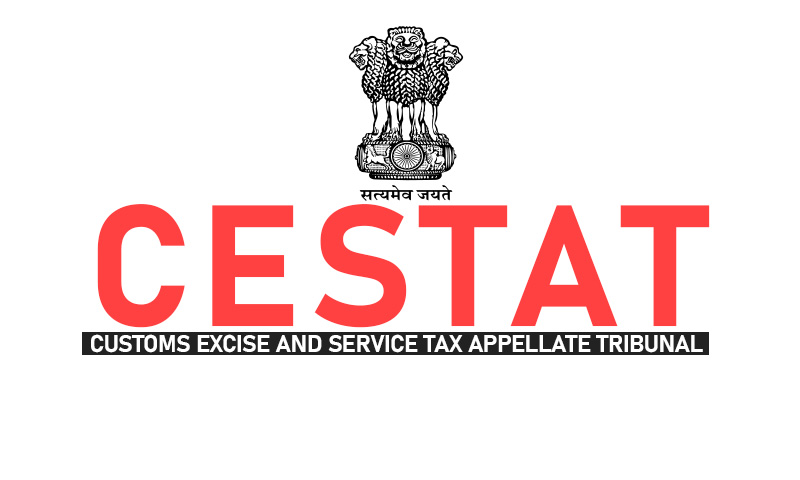The Delhi Bench of Customs, Excise and Service Tax Appellate (CESTAT) has held that service tax is payable on buses meant for carrying passengers and cannot be called means of transport of goods. The bench of Binu Tamta (Judicial Member) and Hemambika R. Priya (Technical Member) has observed that on the applicability of the benefit of exemption under Clause 22(b) of the Notification...

